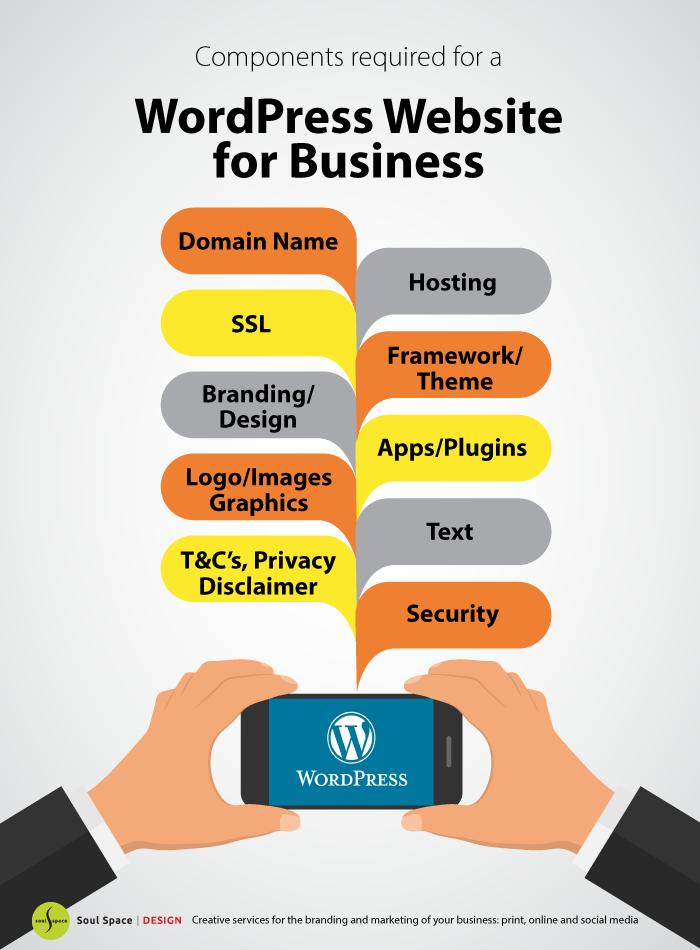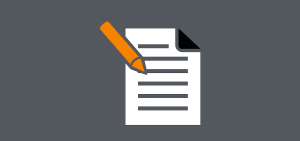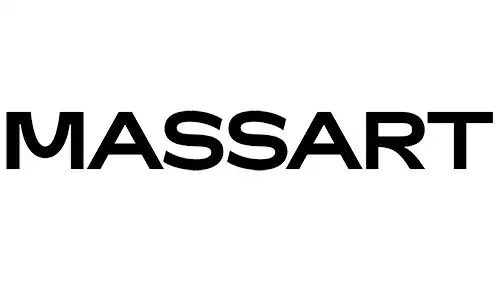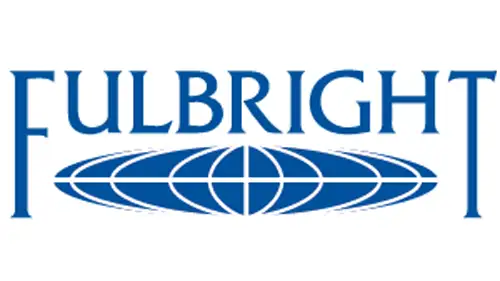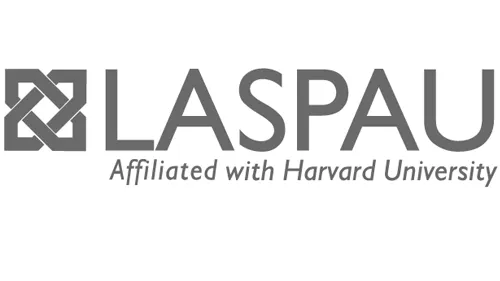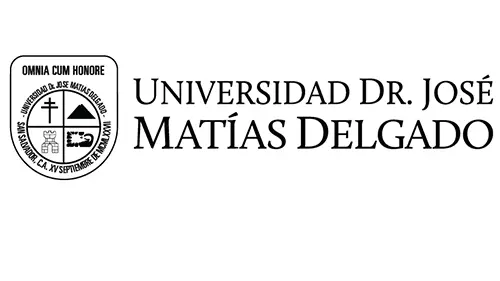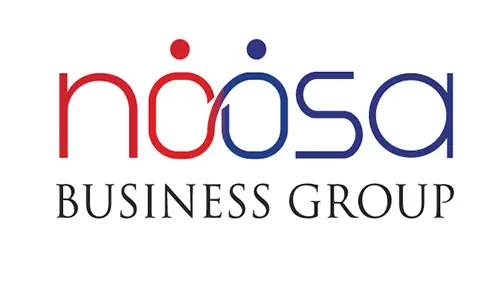These days, most businesses have a website. In fact, it’s almost compulsory! But few businesses have the time or expertise to design and build that website, so like many other ‘must-haves’, they sensibly get someone else to do it for them.
And that works really well. Though the one issue with outsourcing anything is that the client can be unaware of the underlying details of the service being provided, and with websites, those unknown details often relate to ownership. If your business has a website then unless you did the coding yourself (or commissioned one-off customer coding for your business) then it’s based on licensed commercial software. In other words, you almost certainly don’t own the software your website is built on.
Every business owner knows you need to know what your assets are, what you own, and at the very least, when you pay for a service, what exactly you’re getting for your money. So let’s review some of the license implications for a business website.
Why are software licenses so important?
Your website is built using software, most likely proprietary software that must be licensed for use. The reason this is super important becomes clear when you want to move your business from one website provider to another. Put simply, you can only move what you own and often your current website provider holds the licenses to the software on which your website is built. It’s critical to know what you own and what you don’t.
Types of license
Just to complicate matters, not all licenses are the same. Though a full list would probably need several blog posts, the following four types of software are the most common:
Commercial
This software is the property of the company that developed it and can only be legally used by purchasing a license. Usually, as the licensee, you have no rights to change the software in any way, or to pass it on for use by others.
Open-source
This software is free to use and you (or your appointed developer) are free to change it to suit your needs. Open source software most commonly comes with the GNU general public license. A so-called ‘copyleft’ license, the GNU requires that any software derived from the original licensed code is itself distributed under the same license terms; i.e. freedom to tinker and change.
Freeware
This is usually a version of a commercial software made available for free. Normally, it has reduced features or functionality compared to the full-size, paid-for version. There is usually no freedom to change the code and often the ‘free’ license only permits personal use; if used in a business context, a paid commercial license is usually needed.
Shareware
Similar to freeware (in that it’s no-cost) but time-limited. Shareware is a licensing option designed to encourage sales in that it allows free use for a limited period only in the hope that you’ll buy the full version when the trial period is up (a bit like Amazon offering you a free month of Amazon Prime).
What’s behind your website?
When you’re looking at an attractive, client-grabbing, fast-loading and device-responsive homepage it’s easy to forget (or ignore) what’s going on behind the scenes. There are a number of elements, all involved (licensed) software that are indispensable to your website’s design and if you ever decide to switch website providers, you’ll need to be clear on what rights you have and what you do not.
Server
A server is the computer and software used to store, process and deliver webpages to and from the web (it’s what a web browser ‘talks’ to when someone decides to visit your website). Unsurprisingly, you almost certainly do not own either the server or its software. The usual arrangement is that your hosting service or their data centre own the server.
Content Management System (CMS)
The CMS is the application that allows you to manage and edit your website content. One of the world’s most popular is WordPress. Again, you may download it, license it, use it but you do not own it.
HTML/CSS/JavaScript
These are the languages your website is written in. They are the documents that are sent back and forth between web server and web browser. Either your website creator passed ownership to you once the website was finished or they retained ownership and gave you usage rights.
Content & visuals
These are the words and images, and the layout and design, that people see on your website. Usually, you own this, though if you are using other people’s photos and images, those may well be licensed to you for specific use.
Domain name
You own your website’s domain name in the same way that you own the number of your smartphone. Which is to say, technically you don’t but as long as you pay the annual subscription, you are allowed to use it.
Given that WordPress is so popular (around 40.9% of the world’s websites use it according to W3Techs) let’s look at the WordPress license more closely. Here are the key points:
- WordPress is open source and uses a version of the GNU general public license mentioned above.
- The GNU comes with ‘four freedoms’ for you (or your website developer):
- The freedom to run the program for any purpose.
- The freedom to study how the program works, and change it to make it do what you wish.
- The freedom to redistribute copies so you can help your neighbour.
- The freedom to improve the program, and release your improvements (and modified versions in general) to the public, so that the whole community benefits.
- Themes and plugins (applications) designed to work with WordPress are deemed ‘derivative works’ and if distributed or used must be subject to the same GNU license. In other words, if you create a custom theme for your WordPress website you do not own the copyright to it – you can share it or sell it but others are free to change it and distribute it likewise.
Your two basic options regarding website ownership
Just how much of your website you own depends on the licenses, who holds them, and the details of your contract with your website designers and developers.
- For maximum ownership, buy your own licenses and either do the coding yourself or contract someone else to do it then assign ownership to you.
- However, sometimes this can be too much of an investment and often it makes better business sense to work with your website developer’s licenses (though this may mean you own less of the site elements should you ever decide to switch provider). It’s important to be clear on what rights of usage you have and how long those rights last.
WordPress Websites for business
At Soul Space Design we use open source WordPress for creating business websites. We carefully research applications that give more functionality to WordPress to ensure our clients websites are up to standards to comply with the ever changing digital world.
A complex issue with an easy solution
At Soul Space Design, with our hosting and maintenance plans, we can look after everything for you: our monthly hosting and software maintenance plans for WordPress websites include standard license fees required for your website’s theme and applications.
The details of website ownership are often ignored by businesses and that’s not really surprising because the issues can become complex. However, ownership becomes an important issue if you decide to change your website provider or hosting service. Then, what you own and what you do not is a critical issue that can determine just how easy that process of changing is.
All software used in a Soul Space Design website is leased either monthly or yearly and we pay up front for the right to use it. This approach for commercial websites help us keep things easy and simple at clients’ end.
